<< Previous | Displaying results 71-80 of 311 for "case" | Next >>
Reverse side of a military entry permit allowing Jadwiga Dzido to travel through occupied Germany to appear as a witness in the Medical Case trial at Nuremberg. 1946.
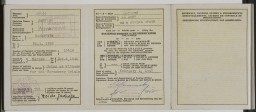
One page of a document belonging to Chief Prosecutor Benjamin Ferencz listing the defendants in the Einsatzgruppen Case along with their position and crimes, line of defense, counts against them, and sentence.
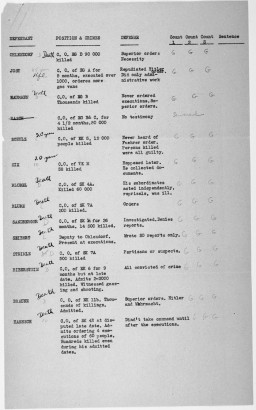
The IG Farben defendants hear the indictments against them before the start of the trial, case #6 of the Subsequent Nuremberg Proceedings. May 5, 1947.
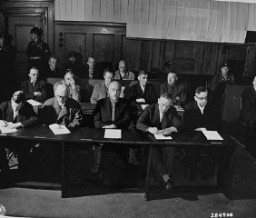
Defendant Inge Viermetz pleads not guilty at her arraignment during the RuSHA Trial, case #8 of the Subsequent Nuremberg Proceedings. October 10, 1947.
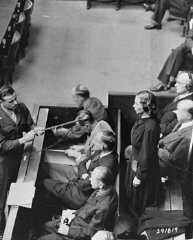
Chief Prosecutor Benjamin Ferencz at the Einsatzgruppen Trial, Case #9 of the Subsequent Nuremberg Proceedings. Photograph taken in Nuremberg, Germany, between July 29, 1947, and April 10, 1948.
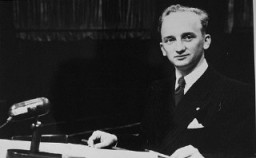
With decrees, legislative acts, and case law, Nazi leadership gradually moved Germany from a democracy to a dictatorship. Learn more about law and justice in the Third Reich.
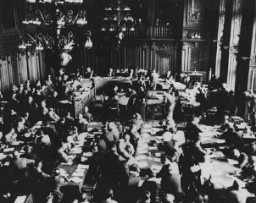
Kapos and other prisoner functionaries had special duties in Nazi concentration camps. Learn more about who they were and what they did in the camps.
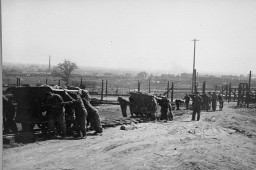
Drexel Sprecher was educated at the University of Wisconsin, the London School of Economics, and at the Harvard School of Law before receiving a position at the US Government's Labor Board in 1938. He enlisted in the American military after the United States declared war on Germany, and was posted to London. After the war, Sprecher served as a prosecutor of Nazi war criminals at the Nuremberg trials.
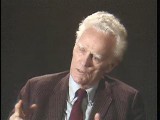
In the 1980s and 1990s, historian Peter Black worked for the US Department of Justice Office of Special Investigations, as part of a team tracking and prosecuting suspected war criminals. Black later served as the Senior Historian at the United States Holocaust Memorial Museum
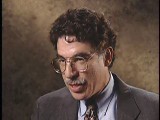
The Weimar Republic existed in Germany from 1918-1933. Learn more about German police during that time.
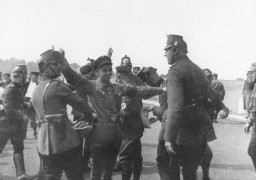
We would like to thank Crown Family Philanthropies, Abe and Ida Cooper Foundation, the Claims Conference, EVZ, and BMF for supporting the ongoing work to create content and resources for the Holocaust Encyclopedia. View the list of donor acknowledgement.